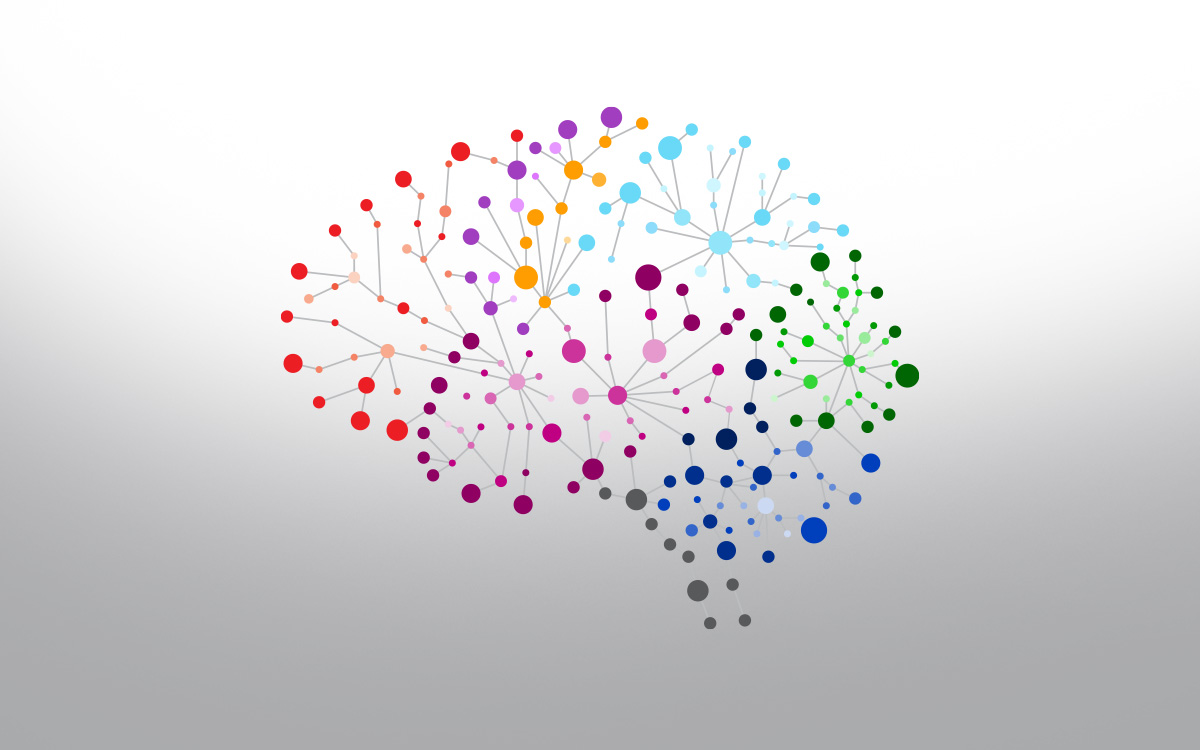Snoezelen rooms, or multi-sensory rooms originated in the Netherlands in the 1970’s as a form of therapy for individuals with developmental disabilities like autism. It was later adapted as a form of non-pharmacological therapy to help individuals experiencing anxiety, depression, and for people living with dementia and brain injuries.
The term “snoezelen” is a combination of Dutch words, which roughly translated means “to explore and relax.” It is “a multisensory room that provides users a safe and controlled environment to investigate stimuli the senses.” (Botts, Hershfeldt, & Christensen-Sandfort, 2008)
How does a Snoezelen or Multi-sensory room work for people with dementia?
As the name implies, multi-sensory rooms are designed to help stimulate the senses: visual, auditory (hearing), tactile (touch), olfactory (smell), including sense of balance.
Multi-sensory rooms use lights, colours, textures, scents, sounds and music and are designed to invite individuals to explore and experience the atmosphere. Depending on the complexity of the room, other modifications can include adjustable floors that are intended to help improve balance and the installation of vibrating recliners, rocking chairs and pillows for relaxation, to name a few.
The overall atmosphere of Snoezelen and multi-sensory rooms is one that provides both stimulation and relaxation.
While inside a snoezelen room, the person has the freedom and control of what activity to explore and the pace by which to experience the environment. There is no set routine to follow. The caregiver’s presence is intended merely for support and companionship. It allows both care-giver and care-receiver the opportunity to share the experience together.
What are the benefits of Snoezelen Rooms for people living with dementia?
Although there is not enough evidence to prove clinical effectiveness; some literature report that it is a good non-pharmacological approach to relieve anxiety, enhance relaxation, improve sleep and sometimes, manage difficult behaviours observed among patients living with dementia.
Based on a review of literature, entitled, “Snoezelen for Dementia” published in the Cochrane Database Syst Rev, conducted by Chung et al (2002), Snoezelen rooms have been used as a “therapeutic modality” to help reduce “maladaptive behaviours” while enhancing more positive behaviours among patients with dementia.
According to the same study, Snoezelen rooms also helped improve moods, interaction and communication. Snoezelen rooms can be explored as an option to help improve sleeping habits.
Lastly, their literature review also showed that Snoezelen rooms also helped improve relationships between clients and their caregivers and reduce caregiver stress.
A Final Word on the Use of Snoezelen and Multi-sensory Rooms
The most important thing to always remember when caring for someone living with symptoms of dementia is the person behind the dementia. Snoezelen rooms are not meant or designed to replace personalized and relationship-focused care.
As each person with dementia is unique, what may work for one person, may not necessarily work with another.
Dementia care is about adapting to the person and their needs, that is, person-centred care. It’s also about keeping the peace and supporting the person to be happy and calm as much as possible.
Snoezelen rooms are tools that can help enhance our ability to better care for the special needs of others. Caregivers can use these rooms as a creative way to develop their relationship with the person they are supporting by sharing the experience with them. When used properly and with the right intention, Snoezelen rooms can make the care-giving and care-receiving experience more pleasant and even meaningful.
As a Dementia Consultant and Educator, I have always advocated for creative, non-drug, person-centred, relationship-focused strategies as a first-line approach in dementia care. Anything that we can do to encourage a person living with symptoms of dementia to remain happy and calm, would most certainly enhance their well-being and the well-being of those around them. They deserve it. We all deserve it.
Karen Tyrell CPCA, CDCP is a Dementia Consultant, Educator, Author & Advocate, and Founder of Personalized Dementia Solutions Inc. (www.DementiaSolutions.ca). Karen offers her expertise on dementia care through speaking engagements; workshops; support groups (both online and in-person) and by working one-on-one with families/caregivers to provide emotional support and practical solutions. She was also on the design team for The Village Langley (Verve Senior Living) and provides ongoing education to the Village team, families and the community. If you would like to learn more, please feel free to reach out.
DISCLAIMER:
The contents of this blog are provided for information purposes only. They are not intended to replace clinical diagnosis or medical advice from a health professional.




